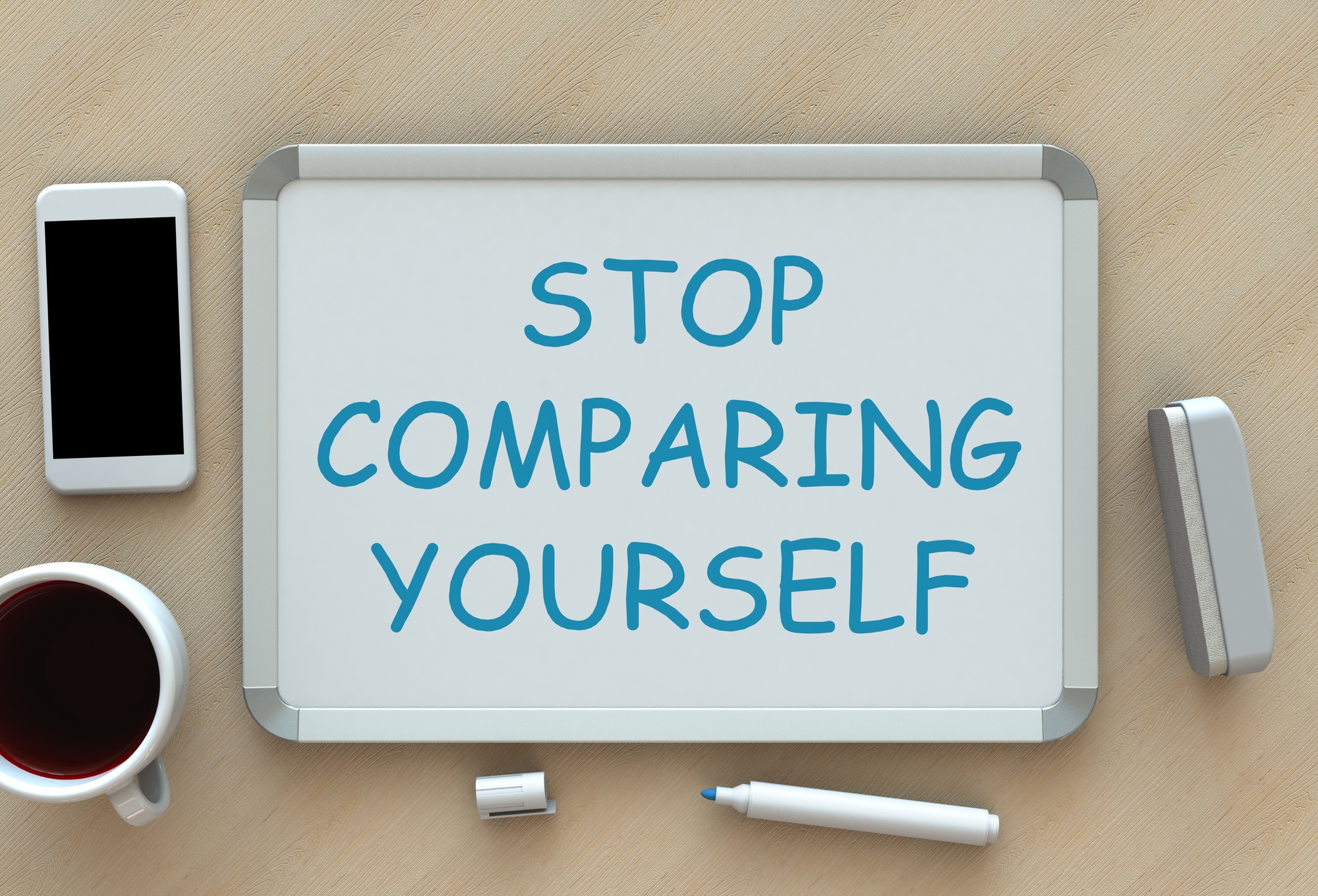The Terrible Truth About Low Self-Esteem in Relationships
The majority of women, adolescents and a rising number of men suffer from low self esteem. It’s something anyone can struggle with, but it’s having a damaging effect on women in every aspect of life.
Women in the workforce lack confidence, downplay or even apologize for their accomplishments and underestimate themselves constantly. Women are less likely to put in for a promotion and will even second guess their answers.
Low self-esteem in relationships whether personal or professional can limit your potential and leave you feeling unsatisfied and searching for more.
Keep reading to learn more about the effects of low self-esteem in relationships. We’ll discuss ways to deepen your relationships as you build a loving relationship with yourself.
Self-Esteem – What’s That?
Many people confuse self-esteem with being full of yourself. They are two totally different things. There is such a thing as being too confident though many people who come off that way are actually overcompensating for low self-esteem or self-doubt.
Self Esteem is not about thinking you’re better than everyone but it’s also not to worry that you’re worse. You have no problem confidently sharing your talents and there’s no need to convince others that you’re good because you know that you are- your value doesn’t come from their opinions.
It is to value yourself and the gifts and talents you have to offer. It is to accept your weaknesses and being willing to work on them because your worth does not come from your best or worst moment.
Self Esteem, Self Worth and Self Confidence
Self-esteem, self-worth, and self-confidence are all different things.
Self-esteem is how you truly feel about yourself. It is whether you care enough about yourself to put action and effort into reaching your dreams. It is knowing your dreams and feelings have worth. Low self-esteem means the person does not understand their worth
Self-worth doesn’t change. You may not be aware of your worth as a human being, as a beautiful soul with talents to share and gifts to give the people and world around you.
Whether you are aware of those gifts and talents or not, they are there and your worth is always the same. No one person has more worth than another.
Self-confidence is whether you believe in yourself or not. It can change from one minute to the next and can often depend on the opinions of others or situation one is in.
Low Self Esteem in Relationships at Home
Low self-esteem not only interferes with your ability to enjoy each moment of the day but it interferes with your ability to trust in and enjoy any relationship to its fullest.
Second Guess Yourself
Low self-esteem can cause you to second guess your thoughts, needs, and wants. You may end up having difficulty making a decision or expressing yourself.
Often it can lead to putting the needs of others before your own and may even cause feelings of resentment towards your partner because your needs are going unmet.
Reading More Into Their Words
Those who suffer from low self-esteem have difficulty accepting a compliment but will give great significance to insults. There can be a great deal of miscommunication because more is read into the words of a partner.
Difficulty with Intimacy
Low self-esteem can make it hard to be intimate and can interfere with the ability for partners to be uninhibited in their feelings and physical relationship.
A Hard Time Trusting or Making Commitments
When you don’t understand your own worth and know that you are lovable it can be hard to believe someone is genuine when they make a commitment to you.
Less Able to Find Joy in the Moment
Feelings of low self-esteem make it much harder to live in the moment and feel the joy if you’re worrying about whether you measure up. There is often guilt, fear, and depression associated with low self-esteem.
Greater Complications in Life
Those with low self-esteem are more likely to have issues with addiction, prostitution, and theft.
Many struggling with addiction feel they need a few drinks or some other substance to “loosen up” and relax. Promiscuity and prostitution are more likely as the individual searches for fulfillment through physical contact or they believe that is where their worth comes from.
Improving Your Self Esteem
Just because you struggle with low self-esteem now doesn’t mean it has to stay that way. You’re awesome! You just need to put some effort into realizing it.
There are some steps you can take to increase your self-confidence and improve your relationships at the same time.
Take Up a Hobby or Sport
There are several confidence-building hobbies that can help you feel better physically and allow you to mentally connect with a loved one.
Take up meditation, yoga, or learn a musical instrument. These activities can help you relax, focus, and give you a sense of accomplishment.
Any team sport and exercise, in general, is good for building social skills and boosting confidence while having a bit of fun. Joining a league with your partner can give you time together and get some healthy exercise in the process.
Set S.M.A.R.T. Goals
Whether it’s personal goals or relationship goals, you want to make sure you set yourself up for success. The best way to do this is to set S.M.A.R.T. goals.
Specific
When you set specific goals you know what you’re striving for. If they’re too general you have no motivation to get started or continue to reach some vague destination
Measurable
It’s easier to keep motivated if you can measure your progress and success. This will also help your self-esteem as you see how far you’ve come.
Achievable
You aren’t doing yourself any good by setting goals you can’t achieve. This works on two levels. You need to know there’s a finish line to reach and that finish line isn’t too far away to ever make it to.
Relevant
Is the goal you’re working on today getting you closer to your dreams?
Time Sensitive
The great procrastinators of the world know if you don’t have a time limit it will never get started let alone accomplished. Setting a time limit gives you a reason to start working on your goal and continue moving forward.
It’s Okay to Have Needs
It’s perfectly okay to have needs and to express them. You can’t always get what you want but you deserve to have your needs met. You can’t expect your partner to be able to meet your needs if they don’t know what they are.
Often it’s hard for people with low self-esteem in relationships to express what they need but the more you do it the easier it will become.
Check out our blog for more suggestions including great tips on what to do if you love someone with low self-esteem.







